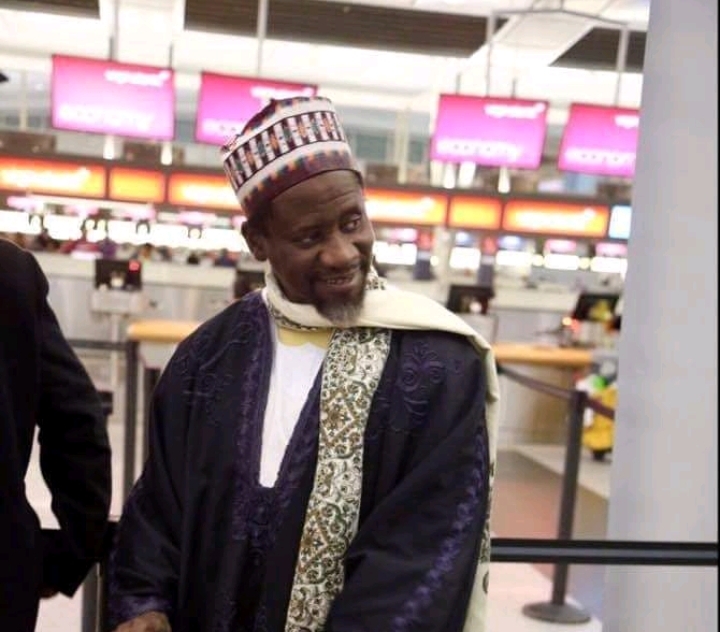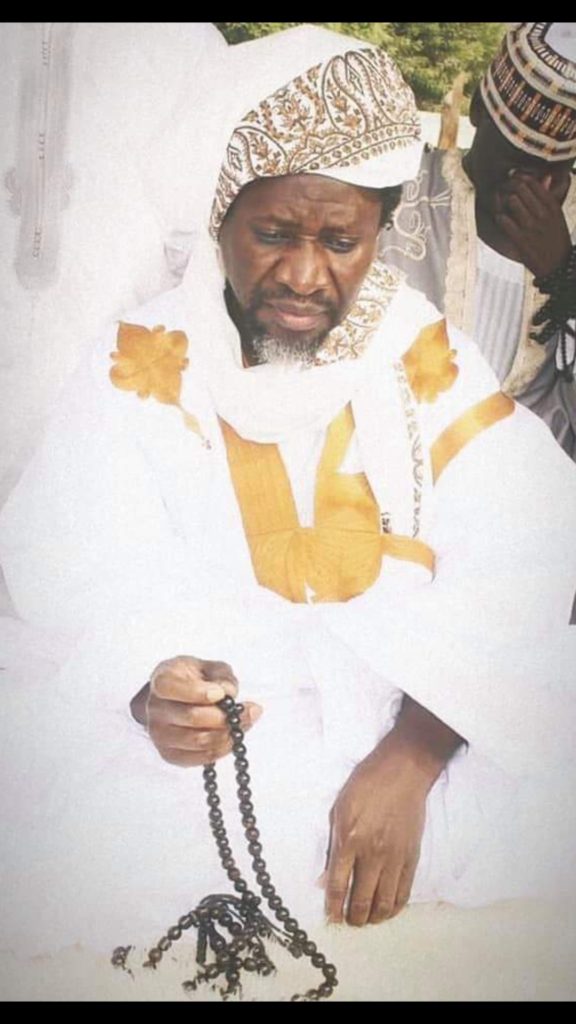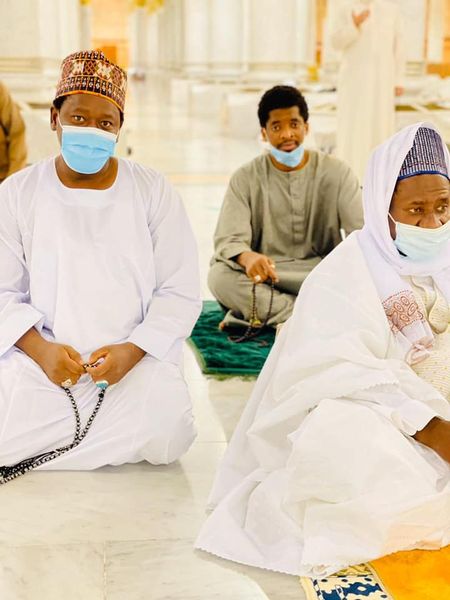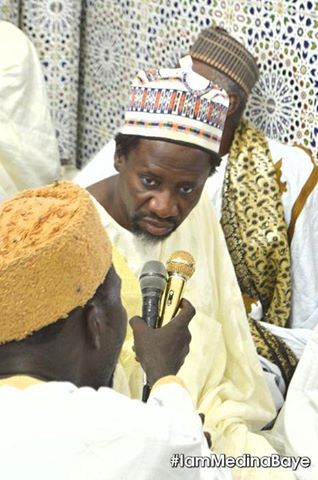



A Book Read

Islam the Religion of Peace
The tolerance of Muslims after the
Prophet in dealing with the non-Muslims
Abû Bakr, may Allah be pleased with him, used to
advise the Muslim armies by saying, “You will come across a
people cloistered in monasteries, claiming they are so
cloistered for the sake of Allah. Leave them alone, and do not
destroy their monasteries.” His successor, ‘Umar, may Allah
be pleased with him, used to advise in regard to those under
the protection of the Muslims (ahl al-dhimma), that the
Muslims fulfill their pledge to them, fighting those who
threatened them, and not demanding too much of them.
‘Umar b. al-Khattâb once passed by a gate in which
an old blind man was begging. He put his hand on the man’s
arm and asked, “Are you Jewish or Christian?” The man said,
“I am Jewish.” He asked, “And what has brought you to this
misfortune?” The man said, “The tax on protected non-Muslims (jizya), needs, and old age.” So ‘Umar took him by
the hand and went with him to his house, gave him a gift, and
then went with him to the keeper of the treasury. He said,
“Look at this man and those like him! By Allah, we have not
been just with him, having taken from him in his youth, and
then failing him in his old age. ‘Alms are for the poor and
needy.’ Qur’ân 9:60. The poor are among the Muslims, and
this man is among the needy from the People of the Book.”
So, he returned to him and those like him the protective tax
(jizya).
In fact, the fair dealing of the Muslims with others
was one of the principle reasons that many people entered
Islam. They found in it tolerance and fraternity between
different groups of people (shu’ûb), and no preference for
one race or descent group over another, except in a person’s
capacity in adhering to the religion in both word and deed.
Nothing other than this caused their adherence.
The Messenger of Allah (PBUH) said: “The one who
does injustice to a covenanted party (mu’âhid), or deprives
him of his right, or demands something beyond his capacity,
or takes from him something that does not belong to him, will
have to argue with me on the Day of Judgment.” And he said,
“The one who kills a covenanted person will not smell the
fragrance of Paradise, even if it could be smelled from a
distance of forty years away.”
Imam al-Bukhârî mentioned in his Sahîh that the
Caliph ‘Umar b. al-Khattâb, may Allah be pleased with him,
said, “I advise you all to uphold the promise to the protected
peoples (dhimma), for they are the protected ones of your
Prophet, and blessing (rizq) for your families.” It has likewise
been reported that ‘Umar returned the protective tax (jizya)
to the Christians of Mu’tah when the Muslims felt they would
be unable to defend them against the Romans.
To be continued in sha Allah…
You can participate in publishing this newsletter by supporting it financially; one way is to cashapp: $Bachirzak
Thank you for your support. Please also visit the page on FB Nasrul Ilm GLobal Love to like it and share. Thanks again.